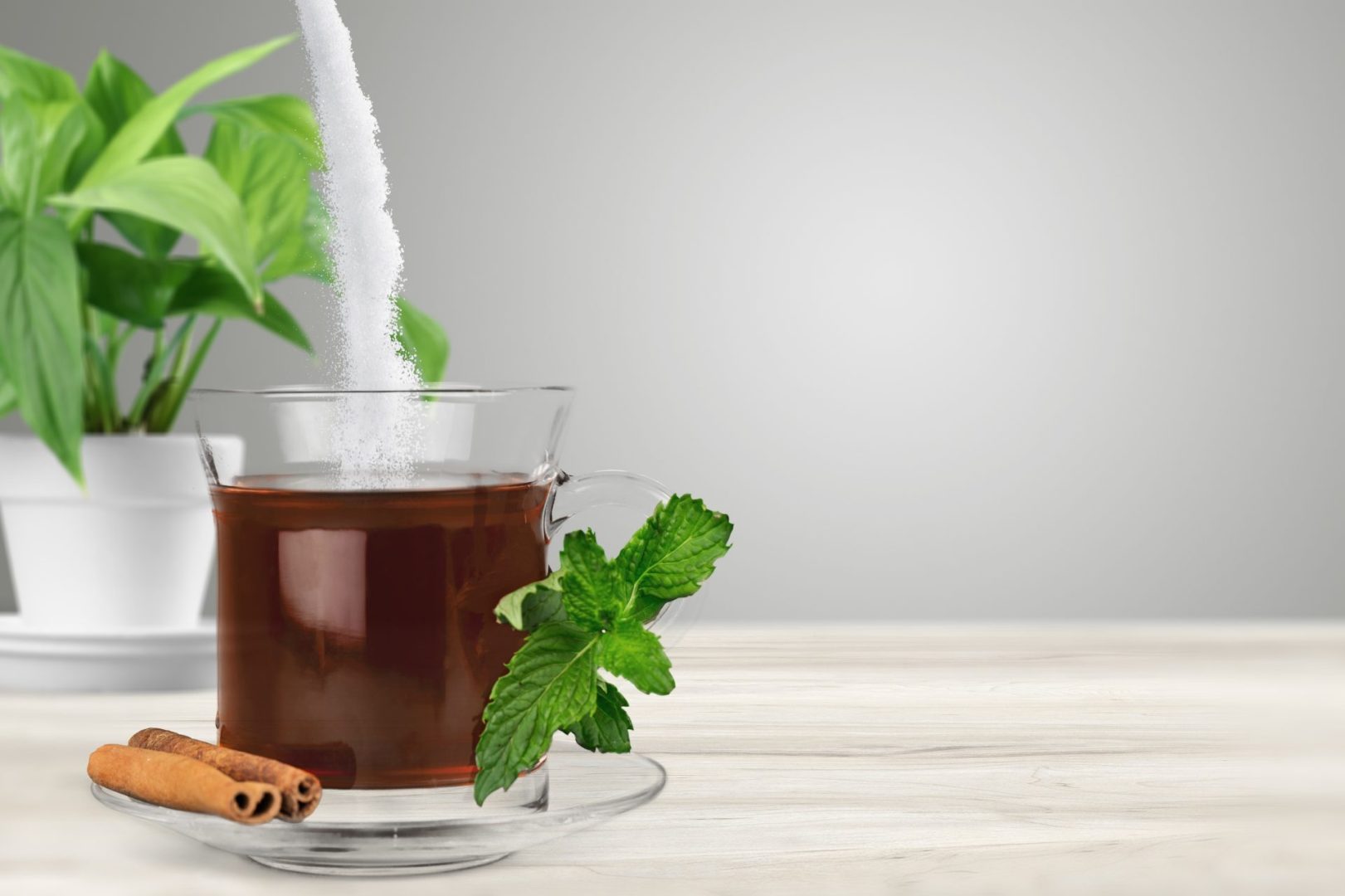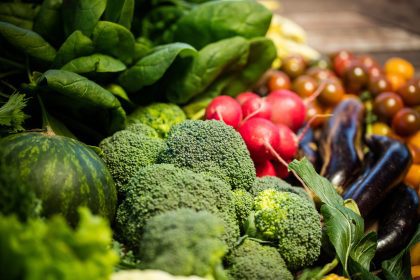We’ve all been there. That uncomfortable fullness after dinner. The bloating that makes you want to unbutton your jeans. The occasional heartburn that keeps you up at night. Your medicine cabinet might be stocked with over-the-counter remedies, but what if the solution was as simple as a cup of homemade tea?
Long before pharmacy aisles were packed with digestive aids, people turned to herbal teas for stomach relief. These weren’t just folk remedies based on superstition. Many traditional digestive teas contain compounds that modern science has confirmed can soothe and support your entire digestive system.
The forgotten power of brewing your own healing
There’s something almost magical about transforming dried plants into healing elixirs. But the benefits go beyond the ritual. When you make your own digestive teas, you control exactly what goes into your cup. No artificial flavors, hidden sweeteners, or mysterious “natural flavors.”
Store-bought digestive teas often contain blends aimed at the average person. By creating your own, you can customize the formula to address your specific digestive challenges, whether that’s bloating, acidity, sluggish digestion, or occasional discomfort.
The herbs used in digestive teas work through multiple mechanisms. Some contain volatile oils that relax the muscles of the digestive tract. Others stimulate the production of digestive enzymes. Some have compounds that reduce inflammation or fight harmful bacteria while supporting beneficial gut flora.
The result isn’t just symptom relief but actual support for your digestive system to function better on its own. Unlike many commercial products that mask symptoms while potentially creating dependence, herbal teas work with your body’s natural processes.
The ultimate foundation herb everyone needs
Peppermint stands as the undisputed champion of digestive herbs, and for good reason. The menthol in peppermint relaxes the smooth muscles of your digestive tract, allowing gas to move through more easily and reducing the spasms that can cause pain.
To make a simple but effective peppermint digestive tea, use one tablespoon of dried peppermint leaves per cup of water. Pour freshly boiled water over the leaves and cover the cup while steeping. This important step prevents the volatile oils responsible for many of the benefits from evaporating. Let steep for 5-7 minutes, then strain and sip.
Fresh peppermint works wonderfully too. Use about twice the amount of fresh leaves compared to dried, bruising them slightly before steeping to release more of the beneficial oils. A peppermint plant on your windowsill provides an endless supply of digestive relief.
For those who experience heartburn, be aware that peppermint can sometimes relax the sphincter between your esophagus and stomach, potentially allowing acid to flow upward. If this happens, try drinking your tea between meals rather than right after eating.
The carminative heroes that banish bloating
Fennel, caraway, and anise seeds all belong to a special category of herbs called carminatives, which help prevent and relieve gas. These seeds contain aromatic compounds that relax the intestinal muscles and help dispel gas pockets that cause bloating and discomfort.
To make a simple anti-bloating tea, lightly crush one teaspoon of fennel seeds to release their volatile oils. Add them to a cup and pour boiling water over them. Cover and steep for 7-10 minutes. The resulting tea has a gentle licorice-like flavor that’s naturally sweet without adding sugar.
For an even more effective blend, combine equal parts fennel, caraway, and anise seeds. This triumvirate of carminative herbs works synergistically, with each herb contributing slightly different compounds that complement one another.
The beauty of seed-based teas is their shelf stability. A jar of fennel seeds in your pantry stays potent for months, ready whenever digestive discomfort strikes. These teas are gentle enough for daily use and safe even for children in appropriate doses.
The bitter truth your digestion craves
Bitter is not a flavor most Americans seek out, but when it comes to digestive health, bitter herbs are liquid gold. The taste of bitterness triggers a cascade of digestive juices, from saliva to stomach acid to enzymes, preparing your entire system to process food more efficiently.
Dandelion root makes an excellent bitter digestive tea. Roasted dandelion root has a rich, almost coffee-like flavor that makes it more approachable for bitter-averse palates. Use one tablespoon of dried root per cup, simmer gently for 10-15 minutes, then strain and drink before meals to stimulate digestion.
For a more powerful digestive bitter, try gentian root. A little goes a long way, so start with just a quarter teaspoon per cup of water. The intensely bitter taste is medicinal rather than culinary, but its ability to stimulate digestive juices is unmatched. Many people find adding a slice of lemon and a touch of honey makes gentian more palatable while preserving its benefits.
Chamomile, though best known for its calming properties, also provides gentle bitter notes that support digestion while soothing the nervous system. This makes it ideal for digestive issues linked to stress or anxiety, which is more common than many realize.
The soothing mucilage masters for irritated guts
When your digestive tract feels irritated or inflamed, herbs containing mucilage offer remarkable relief. Mucilage is a gelatinous substance that coats and protects irritated tissues while providing gentle, moisturizing relief.
Marshmallow root is a premier mucilage herb. For digestive issues, cold infusion works best to extract the mucilage without the starches that hot water would pull out. Add one tablespoon of dried root to a cup of room temperature water and let sit for 4-8 hours. The resulting infusion will be slightly thick and remarkably soothing to an irritated digestive tract.
Slippery elm is another excellent choice, creating a protective coating along the entire digestive tract. Use one teaspoon of the powdered bark per cup of hot water, stir well, and drink up to three times daily between meals. The slightly sweet taste and porridge-like consistency make it more pleasant than many medicinal herbs.
These mucilage-rich teas work well when rotating between periods of bitter herbs to stimulate digestion and soothing herbs to calm irritation. This approach addresses both insufficient digestive function and the resulting irritation that can occur.
Creating your custom digestive tea blend
The true art of herbal tea making comes in creating personalized blends. Start with a base herb that addresses your primary concern, then add supporting herbs for a well-rounded formula. A good starting ratio is 3 parts base herb, 2 parts secondary herb, and 1 part accent herb.
For example, a tea for after-meal bloating might contain 3 parts peppermint, 2 parts fennel seed, and 1 part ginger. A tea for sluggish digestion might contain 3 parts dandelion root, 2 parts orange peel, and 1 part cinnamon.
Store your blends in airtight glass containers away from heat and light. Label them clearly with both the ingredients and the date mixed. Most dried herbs maintain potency for 6-12 months when stored properly.
When making blended teas, consider the different extraction methods needed. Roots and seeds generally need longer steeping times or even gentle simmering, while leaves and flowers require shorter steeping to prevent bitterness. For mixed blends, you might add the hardier ingredients first, let them simmer, then add the delicate ingredients toward the end.
The bottom line on brewing digestive wellness
Making your own herbal teas connects you to an ancient tradition of healing while giving you effective tools for modern digestive challenges. The process itself becomes therapeutic, a moment of mindfulness in our rushed world.
Start with just one or two herbs that address your specific needs. As you become familiar with their effects, gradually expand your herbal pharmacy. Pay attention to how your body responds, adjusting blends and dosages accordingly.
Remember that consistency often yields better results than quantity. A single cup of well-chosen tea daily often proves more effective than sporadic larger doses. Your digestive system responds well to regular, gentle support rather than occasional intensive intervention.
In a world of quick fixes and miracle claims, the humble cup of herbal tea might seem too simple to be effective. But sometimes the best solutions are indeed the simplest, working with your body’s innate wisdom rather than attempting to override it. Your digestive system evolved alongside these plants, recognizing and responding to their compounds in ways science is only beginning to understand.















